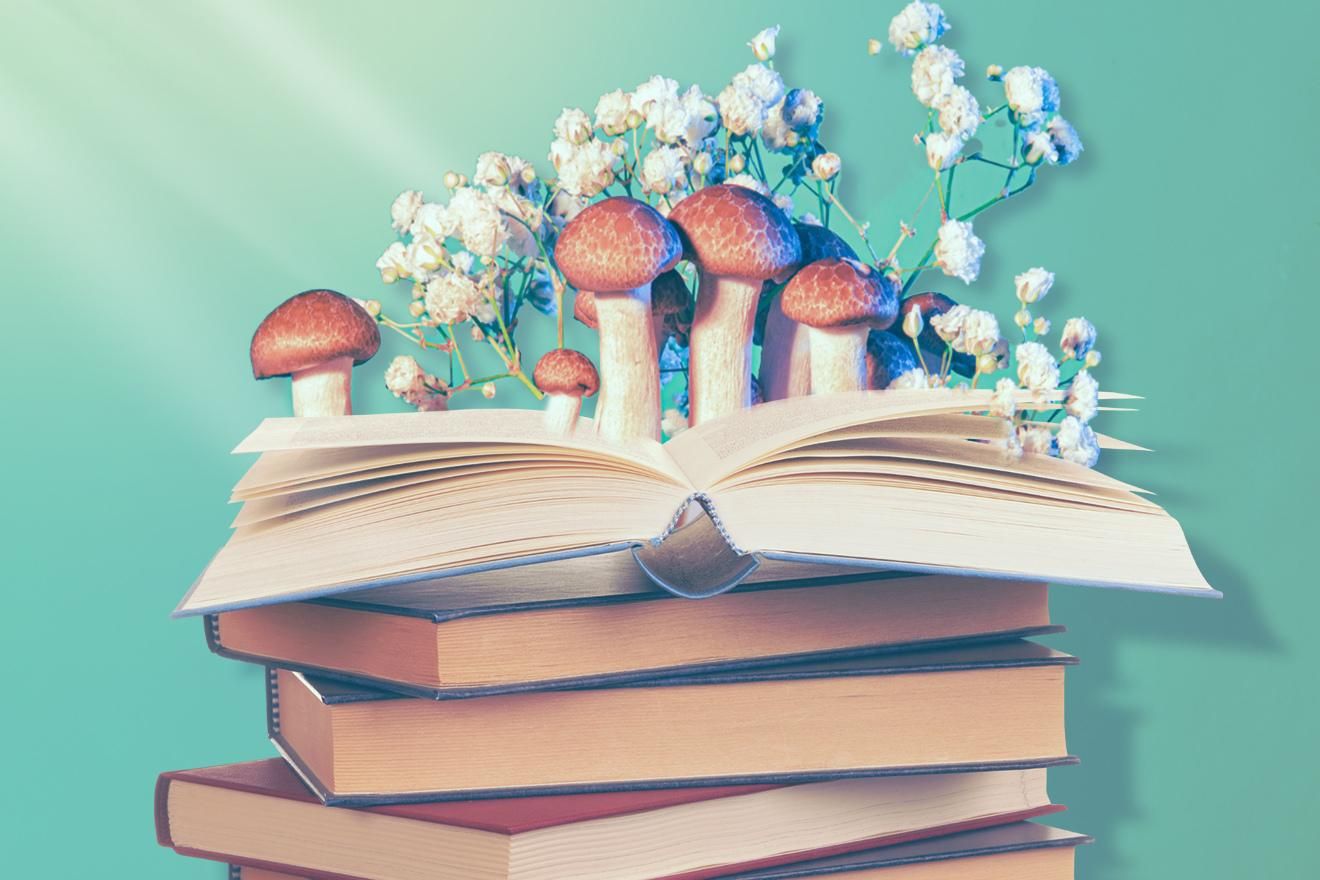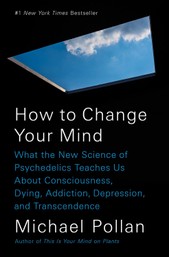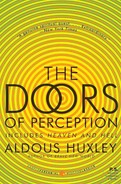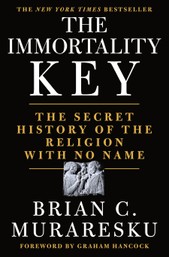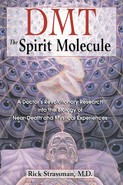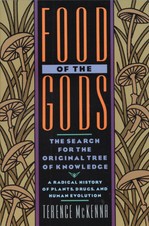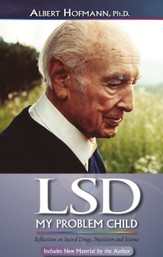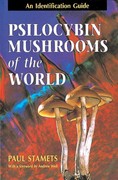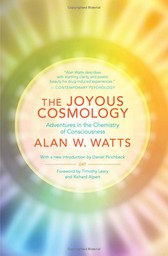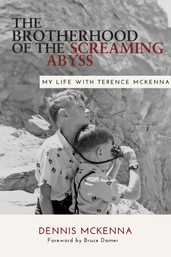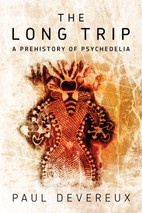“How to Change Your Mind: What the New Science of Psychedelics Teaches Us About Consciousness, Dying, Addiction, Depression, and Transcendence” by Michael Pollan
New York Time’s #1 bestselling book turned Netflix miniseries hit, Michael Pollen’s “How to Change Your Mind” looks at the science behind psychedelics. As a respected journalist and best selling author, Mr. Pollen brings professionalism, objectivity, and an open mind to help educate people on the power of these medicines, while championing the end to their stigmatization. With a nation ravaged by substance use disorder, depression, acute and other unresolved trauma responses, this story of one man’s journey from psychedelic skeptic to vocal advocate is both educational and inspirational.
“The Doors of Perception” by Aldous Huxley
Aldous Huxley’s tale of his first psychedelic experience piqued the curiosity and ignited the explorer in many. His descriptions of the transcendent and expansive states often experienced with psychedelics inspire while he also details some of their risks. This accessible read remains a classic in psychedelic literature. It is fit for both experienced psychonauts and people just beginning to explore psychedelic realms. “The Doors of Perception” is a solid resource with which to begin your journey. To boot, it’s an entertaining read for those familiar with these non-ordinary states of consciousness.
“The Immortality Key” by Brian Muraresku
This fascinating piece of psychedelic literature dives into the role psychedelics have played in the origins of Western civilization. Did the Ancient Greeks use drugs to find God? And did the earliest Christians inherit the same, secret tradition? Was there a deep and profound knowledge of plant medicine passed along generations, ever since the Stone Age? Spending 10 years of his life and traveling all over the globe, the author delves into one of the greatest mysteries in known human history. Muraresku paints a compelling picture of a much deeper connection between these sacred medicines and human evolution.
“Good Chemistry: The Science of Connection, from Soul to Psychedelics” by Julie Holland, MD
Good Chemistry: The Science of Connection, from Soul to Psychedelics by Julie Holland, MD—renowned psychiatrist and psychedelic clinical researcher—explores the neuroscience behind human bonding and the modern “epidemic of disconnection.” Grounded in clinical insight into oxytocin and enriched by engaging narrative, Holland illustrates how healing can emerge through warmth, trust, and psychedelic experiences that facilitate connection across relationships, communities, and the environment.
“DMT: The Spirit Molecule” by Rick Strassman
In 1990, Dr. Rick Strassman obtained legal permission to intravenously administer dimethyltryptamine (DMT) to rigorously screened patients within a controlled setting. This was the first study of its kind to occur in the United States in over 20 years. The published account of this controversial 5-year (1990–1995) study is considered by many to be the birth of today’s “psychedelic renaissance”. As such, it is a must-read for anyone looking to dive deep into psychedelics. Written with a professional tone, and backed by a wealth of scientific data, the book details diverse trip reports and emphasizes harm reduction. Moreover, it also shines awareness on how by taking personal responsibility, we collectively further destigmatize such substances. If you’re interested in working with DMT, this book is a must-read and solid addition to your psychedelic library.
“Listening to Ayahuasca: New Hope for Depression, Addiction, and Anxiety” by Rachel Harris
Listening to Ayahuasca: New Hope for Depression, Addiction, and Anxiety by Dr. Rachel Harris offers a compelling exploration of the healing potential of ayahuasca through the lens of rigorous clinical research and deeply personal narratives. Drawing on interviews and her personal experience, Dr. Harris weaves together moving first-hand accounts that illustrate profound transformations in mental health, including significant relief from depression, addiction, and anxiety. The book balances empathetic storytelling with scientific insight, highlighting the importance of preparation, integration, and supportive frameworks in psychedelic therapies.
“Food of the Gods: The Search for the Original Tree of Knowledge — A Radical History of Plants, Drugs, and Human Evolution” by Terence McKenna
Psychedelic legend Terrence McKenna takes us on a journey of mind-altering substances. The author projects an honest and at times critical view of the roles that these “drugs” have played in human history. McKenna examines an eclectic range of substances and technologies that alter our consciousness, including sugar and television. He argues that humankind has always been searching for anything that allows us to tap into higher states of consciousness. Oftentimes, we have done so with the intentional hopes of improving the human condition. McKenna argues that naturally occurring psychedelics such as psilocybin-containing mushrooms and cannabis have been intentionally placed here. He reasons that they have been placed as tools to help humanity develop a nature-based worldview. And moreover, for humanity to develop a society grounded in respect and reverence for all creation.
“LSD, My Problem Child: Reflections on Sacred Drugs, Mysticism and Science” by Albert Hoffman
The father of LSD-25, Albert Hoffman shares the true origin story of LSD. In this psychedelic literature gem, Hoffman recollects his first LSD journey, the first taken by any human. Hoffman accidentally synthesized the world’s most famous and controversial psychedelic while at work. Hoffman recounts how the discovery helped foster a renewed interest in mind-altering substances in the Western world. It led to a surge of interest in natural entheogens, such as psilocybin mushrooms, that arose from LSD’s often controversial prominence in popular culture. The book also puts forth a strong argument supporting the destigmatization of LSD. It highlights the revolutionary potential this substance offers to the fields of psychology, mental health/therapy, and the greater human condition.
“Psilocybin Mushrooms of the World: An Identification Guide” by Paul Stamets
Arguably the world’s leading expert on all things mushroom, author Paul Stamets is no stranger to the beautiful variations and attributes of the psychedelic variety. This definitive identification guide illuminates the astounding variety of psychoactive mushrooms that exist around the world. This guide has species attributes and ample photographs. It makes it easier and safer for prospective mushroom hunters to identify any psychedelic species they may encounter. For anyone interested in exploring the world of wild mushroom foraging, Stamets’ guide is a must-have for hunters and foragers, regardless of experience level.
“The Joyous Cosmology” by Alan Watts
It’s easy to say that Alan Watts was a joyous gift to the world. In “The Joyous Cosmology,” his brief series of musings reflect on his experiences with various psychedelic medicines, such as cannabis, LSD, and DMT. Watts shares both the joys and pains these experiences can bring, as well as the various medicinal/therapeutic uses they offer. The book addresses the mystery, morality, and facts surrounding these substances. As is often the case with Alan Watts, the broader presence of Consciousness is the foundation of his narrative.
“Brotherhood of the Screaming Abyss” by Dennis McKenna
Although technically not a book about psychedelics alone, this personal epic on the life and times of icons Terrence and Dennis McKenna is as heartwarming as it is humorous. The story weaves its way through the personal history of two of Psychedelics’ most prolific proponents. It tells the tale of experimentation, exploration, misadventures, and love through the voice of beloved psychedelic pioneer and ethnopharmacologist, Dennis McKenna.
“The Long Trip: A Prehistory of Psychedelia” by Paul Devereux
Paul Devereaux’s comprehensive work in this book illustrates the long and connected history of humanity’s relationship with plant and fungi medicines. The book brings forth an abundance of archaeological, anthropological, and sociological evidence. It documents the many ways psychedelics have guided and advanced human consciousness and played an integral part in our species’ evolution. Looking into the entire timeline of human consciousness, Devereaux’s work has played a role in legitimizing psychedelics. It provides evidence that clearly illustrates and supports the pivotal role these medicines have played in human evolution.
